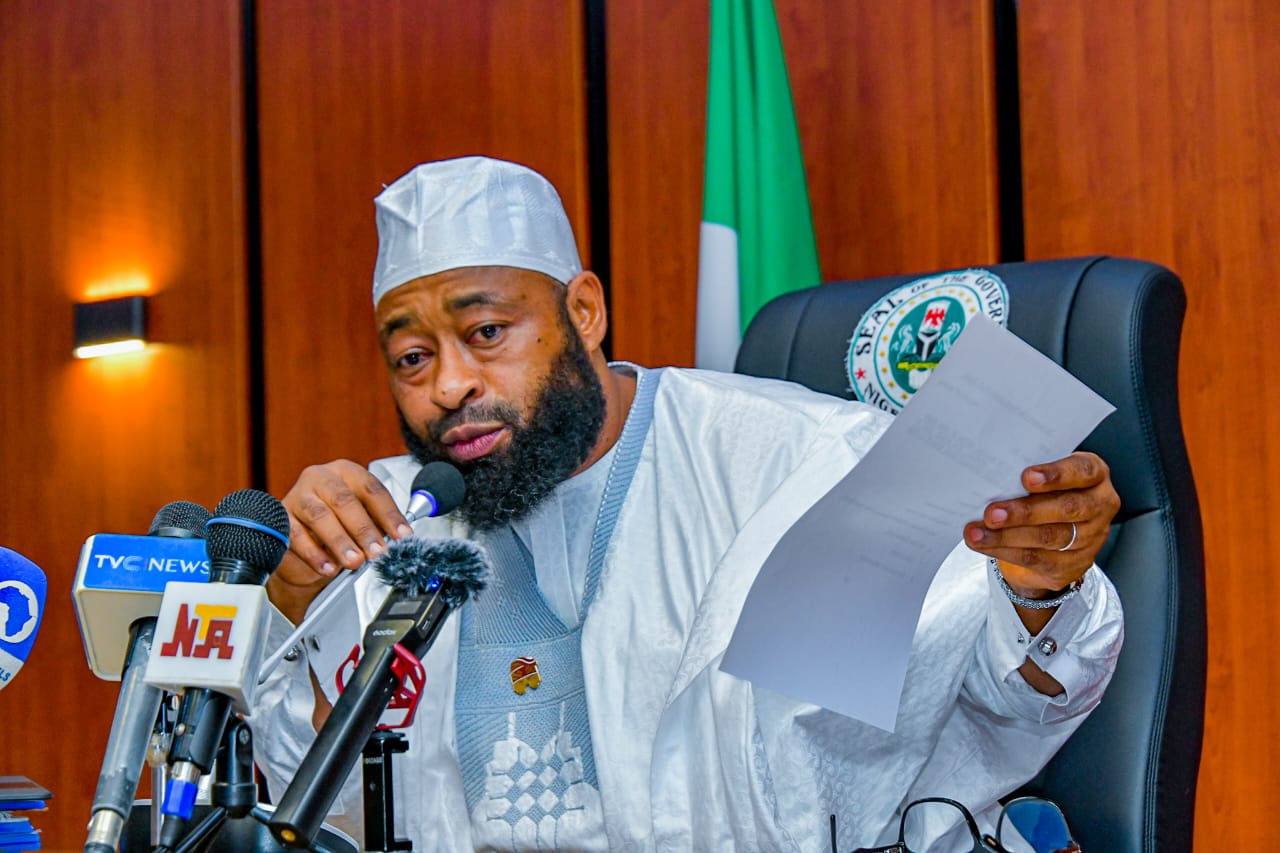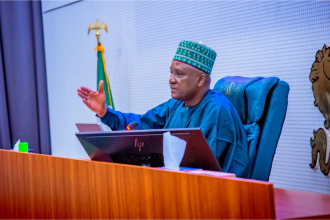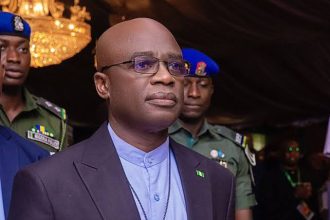Minna, Niger State – In a move that has stirred debate across Nigeria, Governor Umar Mohammed Bago of Niger State has announced a new policy requiring all religious preachers to submit their sermons for vetting and approval before delivery. The governor made the declaration during a public address in Minna, emphasizing the importance of regulating religious messages to prevent extremism and preserve harmony among the state’s diverse communities.
“This is not about infringing on anyone’s religious freedom,” Governor Bago said. “It is about ensuring that messages delivered from the pulpit do not incite violence, promote division, or threaten the peace we have worked hard to build.”
According to the governor, the policy applies to both Islamic and Christian clerics and will be enforced through collaboration with religious bodies and local authorities. Sermons must be submitted to a designated vetting committee at least 72 hours before delivery.
Rising Concerns Over Extremism
Niger State, like many parts of northern Nigeria, has faced security challenges in recent years, including banditry, communal clashes, and fears of religious extremism. Authorities say unregulated sermons have, at times, contributed to tension and misunderstanding between communities. The government believes a proactive approach is necessary to foster social cohesion and avert potential violence.
The Structure of the Vetting Process
The vetting committee will include representatives from the Ministry of Religious Affairs, security agencies, and leaders from both Christian and Muslim organizations. Sermons will be reviewed to ensure they align with constitutional principles, avoid hate speech, and promote peace. Clerics who fail to comply risk sanctions ranging from suspension to possible prosecution under state laws.
Governor Bago’s Justification
Governor Bago defended the controversial directive, stressing that the state’s priority is safeguarding lives and promoting harmony. He argued that religious freedom is guaranteed but must operate within boundaries that protect public safety. “Freedom of religion does not mean freedom to incite violence or spread hate,” he remarked during the address.
Public Reaction: Praise and Backlash
The governor’s announcement has generated sharp reactions from citizens, religious leaders, and civil rights activists. Some groups applauded the move as a necessary step to prevent radical ideologies from taking root, while others denounced it as an assault on religious freedom.
An X user, Ifeanyi Onuoha (@ImIfeanyionuoha), reacted swiftly, writing:
“Next, we’ll need government permits to say Amen. Maybe Umar Bago should submit his budget, his promises, and his IQ test results for approval before running a state. You can’t fix roads, can’t stop bandits, but you want to censor God? Nigeria is a comedy show; the leaders are the clowns, and the citizens are forced to buy tickets.”
This statement reflects the frustration among many Nigerians who view the policy as a distraction from pressing governance and security issues.
Legal and Constitutional Implications
Legal experts are divided on whether the governor’s directive aligns with Nigeria’s constitutional provisions on freedom of religion and expression. While Section 38 of the 1999 Constitution guarantees freedom of thought, conscience, and religion, the government is also tasked with maintaining peace and security. Critics argue that mandatory vetting could set a dangerous precedent, while proponents insist it is within the state’s powers to regulate for the sake of public safety.
Impact on Religious Institutions
Christian and Muslim organizations are expected to play a key role in enforcing the directive. Early indications suggest mixed acceptance, with some clerics expressing willingness to cooperate, while others warn that excessive government interference may erode trust between congregations and the state.
Broader National Context
Niger State is not the first to attempt regulating religious preaching. Kaduna State previously introduced a law requiring preachers to obtain licenses before delivering sermons. That policy faced strong resistance and lengthy court battles. Analysts predict similar challenges for Niger State as civil society groups prepare to test the legality of Bago’s directive.
Conclusion
The sermon-vetting policy marks a bold and controversial step by Governor Umar Bago’s administration. Whether it succeeds in promoting peace or fuels further division remains to be seen. For now, Niger State stands at the center of a national debate balancing religious freedom with the urgent need to prevent extremism and insecurity.












